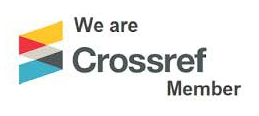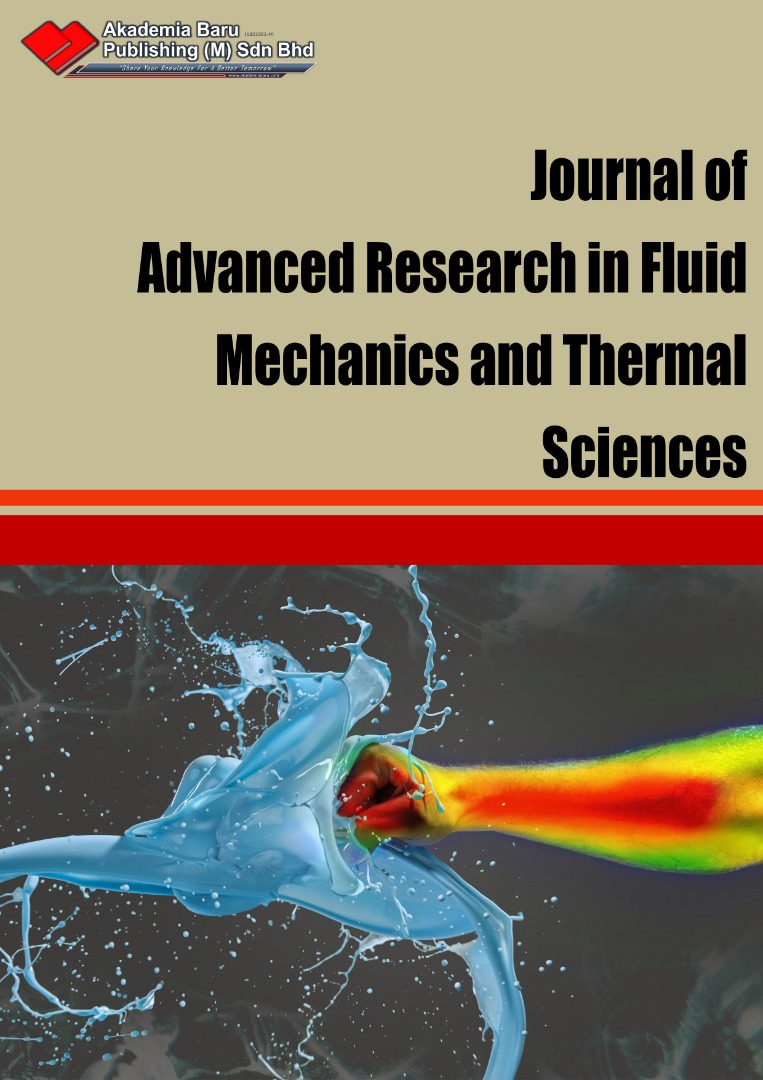A CFD Mesh Independent Solution Technique for Low Reynolds Number Propeller
Keywords:
fitting method, low Reynolds number, mesh independent solution, propeller performance, validationAbstract
There are several techniques available for finding mesh independent solutions in Computational Fluid Dynamics (CFD) problems. The most commonly known methods are the Grid Resolution method, General Richardson Extrapolation and Grid Convergence Index methods. In a problem where the solution of a propeller operating at a chord Reynolds number of roughly between 4000 and 17000 (estimated at 75% radial distance), only an unstructured meshing could be performed. Existing methods presented inadequacies in generating a grid independent solution for such a case. Therefore, a new method namely “Fitting method” is introduced to overcome these inadequacies. The new method uses a polynomial fit to thrust and torque solutions of different mesh refinements. A second order polynomial that fits better with less divergence is used and proposed. The maxima value of the polynomial is deemed the mesh independent solution. For our APC10x7SF low Reynolds number propeller performance estimation, the fitting method was able to successfully provide solutions to a range of advance ratios selected for simulation. The simulation is performed for 14 cases of advance ratios ranging from 0.192 to 0.799. The results when compared with experimental results available in literature provide a successful validation of the proposed method due to satisfactory correlation. When compared with experimental results, less than 10% error was observed for 6 cases of advance ratios, in the case of thrust coefficient whereas there is over-prediction or under-prediction of results for the remaining advance ratios. In the case of torque coefficient, less than 10% error was found for three cases of advance ratios while there is over-prediction for remaining advance ratios. The results through implementation of this method will improve with increasing number of mesh refinements. The method apart from successfully providing a mesh independent solution avoids the difficulty of costs associated with running tests using very fine meshes.












